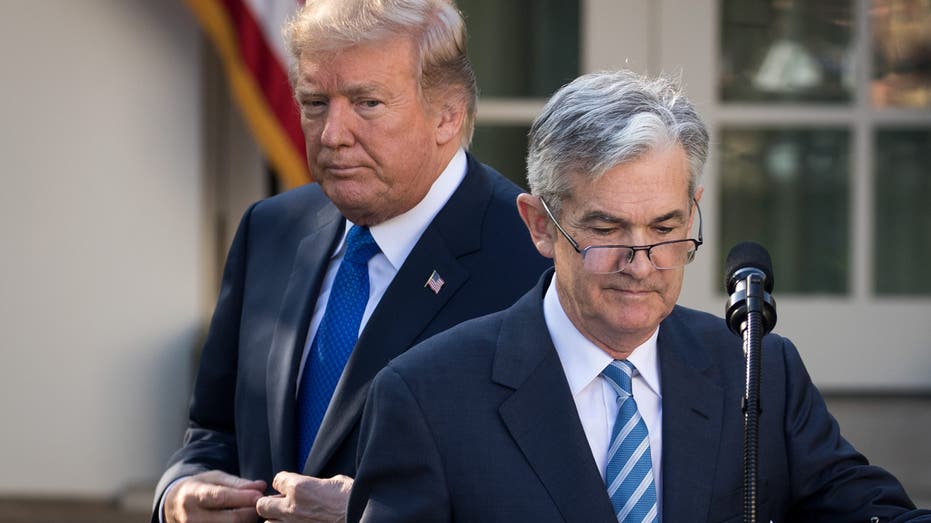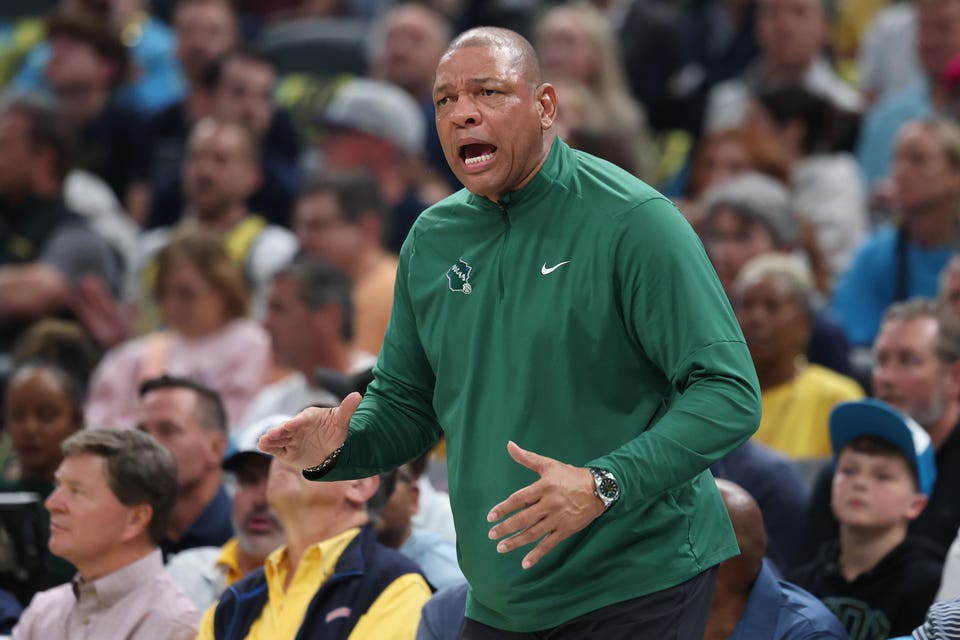President Donald Trump wants to fire Jerome Powell, chair of the Board of Governors of the Federal Reserve. No word yet on what Powell thinks about Trump’s job performance, but Powell says he doesn’t intend to quit before the end of his term next year. If Trump does try to fire him, he’ll see Trump in court.
It’s a mess. It’s like being a little kid in a big crazy family watching the grown-ups have a nasty, screaming fight in front of the neighbors. It’s embarrassing. But it’s more than that. This big crazy family needs the neighbors – which includes everyone in the world who participates in our financial system – more than ever.
There’s probably not much we can do about the fight. The grown-ups clearly don’t care much about us kids – if they did, they’d quit fighting and figure all this out. But it might be helpful to understand what the fight is about and how it could be easily resolved.
Behind all the details there is one huge problem: the grown-ups are bad with money. Real bad. The last several presidents and Congresses, have racked up something like $37 trillion in debt, most of it owed to the people watching in horror as the fight over the Fed gets ugly. As more and more of them conclude this is a badly dysfunctional family – something already on every neighbor’s minds – it’s going to be harder and more expensive to finance all that debt.
TRUMP SLAMS JEROME POWELL AS ‘MR. TOO LATE,’ CALLS FED CHAIRMAN A ‘MAJOR LOSER’
As you would expect, there’s a political part of the fight. Trump thinks Powell has just one job, which is to do whatever Trump tells him to do. But that’s wrong. The Federal Reserve is created by Congress. Powell is supposed to do what Congress tells him to do. And right there in 12 U.S.C. § 225a Congress has ordered the Fed to promote “maximum employment, stable prices, and moderate long-term interest rates.”
That seems clear enough until you turn to Section 10, where Congress tells the president he has the duty to appoint the chair of the Fed. Trump claims that this must mean he also has the power to fire the chair.
If this was a simple power struggle, it wouldn’t matter all that much. But Trump also started an economic fight in January when, in his inauguration speech, he promised to “overhaul of our trade system to protect American workers and families. Instead of taxing our citizens to enrich other countries, we will tariff and tax foreign countries to enrich our citizens.”
So far Trump has been inconsistent in honoring that promise. On April 2 he announced his massive “liberation day” tariffs. On April 9, he suspended the tariffs. He said China was a big problem that required the U.S. to impose massive new tariffs. Then he suspended those tariffs on electronic goods.
You might think that if the president is talking and not doing, things can’t go too badly. Maybe his advisors are keeping him from doing any real harm.
If only.
In fact, the uncertainty is almost worse. Businesses can’t brace themselves for one threat, they must worry about them all.
Powell is in an even tougher spot. His mandate – low inflation and low unemployment – are tough enough without a president who thinks he can “overhaul our trade system.” It’s nearly impossible with a president who keeps changing his mind about how to do it.
This whole thing is especially annoying to economists. We can see the damage already being done when we look at the bad stuff happening in bond and currency markets. And we know there’s an easy solution: put a computer in charge of the Fed.
Seriously. Fire Powell, tell Trump he’s got an early tee time and then program a few simple rules into a computer. Let the machine set interest rates and control the money supply.
CLICK HERE TO GET THE OPINION NEWSLETTER
For at least the past 40 years, smart economists have been debating “rules versus discretion.” The question is whether the work of the Fed – influencing interest rates and so forth – should be done by smart people who adjust to circumstances or well-trained clerks who make sure the rules programmed into a computer are followed. (If you want an example of how this could work, check out something called the “Taylor Rule.”)
Rule-following clerks work OK when the rules programmed into the computers are appropriate to the circumstances. But what about when the current economic circumstances don’t fit the rules? That’s when you want smart people with the discretion to adapt to circumstances.
But what if the people we pick are (a) smart but can’t quite grasp changing circumstances, (b) smart but driven by short-term political concerns or (c) not very smart.
This debate about rules versus discretion is fun for the nerds in the economics department. But the chaos created by this loud obnoxious power struggle has taken us way past that. Even if the computer isn’t as good as the people, it’s predictable.
And given all the madness happening now, predictable is what we need.














Leave a Reply